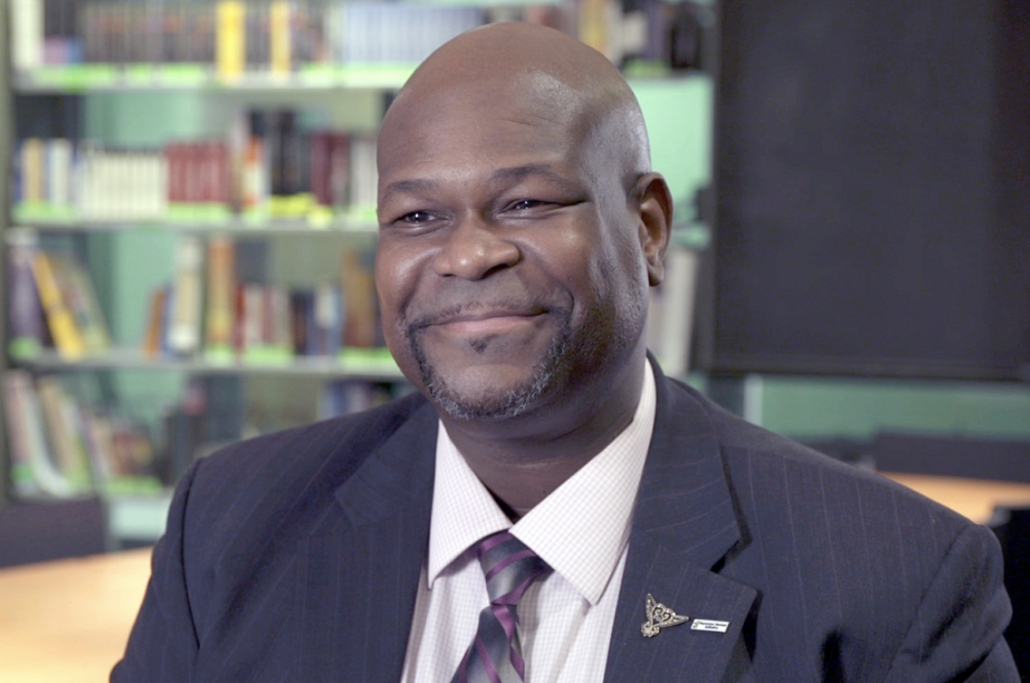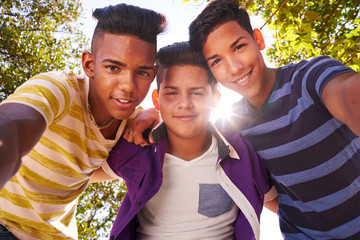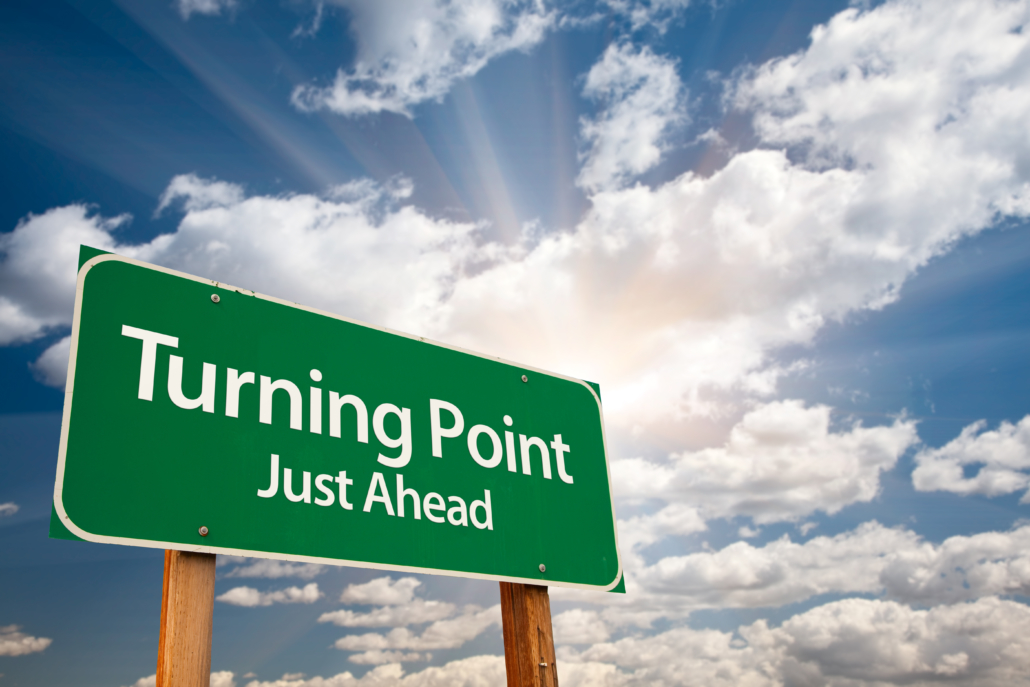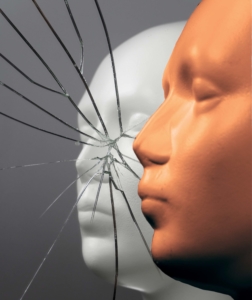By Paul Forbes, Founder of Leading with Hearts and Minds, Chief of the Defining US Network, and Former Executive Director of Educational Equity, Anti-Bias, and Diversity for the New York City Department of Education
In the workshops I now lead throughout the country, I do an activity about how important names are to our individual identities and personal stories. My namesake, for example, comes from the Bible, the Apostle Paul, who while on the road to Damascus had an epiphany. He was suddenly blinded after a vision, but then, after 3 days of blindness, his sight is returned, he “sees the light” and was off to fulfill his life’s purpose and work. My mother always said that I would be the Paul of this generation, and though I did not train in theology or follow in my father’s footsteps as a pastor, those words have stuck with me.
I believe, much like the Apostle Paul, that I’ve been called to do my own life’s purpose and work. Before my role as the Executive Director in the Office of Equity and Access for the NYC Department of Education, I was the Senior Director of the Expanded Success Initiative. In that role, I was charged with supporting 40 NYC high schools to build lasting systems that would lead to better outcomes for Black and Latino young men. This was work that I knew was not only important but critical for these young men in our schools. Along the way, however, I had my own epiphany and new understanding that adult expectations and internal beliefs about who these boys were and what they were capable of, had enormous impact on the work we were trying to do and the results we were getting.
In some schools, I saw great traction, but in others the strategies they were employing had not taken hold though efforts were there. Why was that?
So, I dug deeper and started researching more about the neuroscience tied to our work, specifically around our adult beliefs, expectations, and implicit biases (our unconscious mindsets) that we were bringing to the work we were trying to do. I saw the light and realized that even though we all were trying to change the outcomes for these young men through well intentioned strategies – changing up our scope and sequence, implementing innovative schedules, making staff changes, updating buildings – the outcomes were not changing. I knew that though very good people were working hard to disrupt and dismantle the unjust structures and systems, that work alone was not getting us to more equitable outcomes. In fact, I came to know that our belief systems, those biases we all carry, have instead led to those very same inequitable structures and systems we were trying to now disrupt. My epiphany hit me front and center and became a turning point in how I would approach my work from that point forward.
What has become clear to me in the ensuing years is that as we are disrupting and dismantling and as we’re building and rebuilding, if we aren’t doing the work with our innate bias-based beliefs and doing the difficult work behind the work, we will continue to build and rebuild structures and systems that are still founded on the bias-based beliefs that we started with. The bells and whistles might be better, and the building might look prettier, but the foundation will still have those same issues; eventually that foundation will crumble, and another building will need to be built and take its place because we built it on long-standing shaky ground.
If we really want better outcomes for our students who continue to struggle for equal footing, we need to take time to examine the beliefs that we carry with us every day about them. If you identify as a thinking, breathing human being, you have implicit biases. Period. In my sessions, I always assume that the people in the space with me have good intentions (what Dr. King would refer to as “people of good will”), which we know is not enough to affect lasting change. While we are doing the work of DEI, the work of belonging, social justice work, we must also pause and reflect and unpack our beliefs that we each bring to the table every day. If we don’t do this, those beliefs may even deepen and widen the same gaps that as educators we are charged to close.
I believe our individual examination of our own held beliefs must happen to move us forward and should not give us pause out of fear of what we may find. Of course, finding out truths that we may not want to confront can make anyone uncomfortable, me included. But I do know that if we don’t do this necessary mirror work, which I argue is the missing piece to all the efforts so many have put in over many years, 20-25 years from now, we’ll be having the same conversation about continued poor outcomes for our Black and Brown students, most especially for our boys and young men. Unless and until we do “the work behind the work”, we will not truly move the needle or change the narrative, and we will be left with the same bias-based beliefs that will continue to manifest in our policies, practices, procedures, and our behaviors.
There’s a better way.







